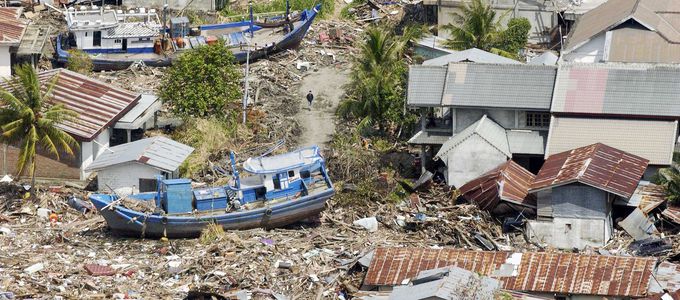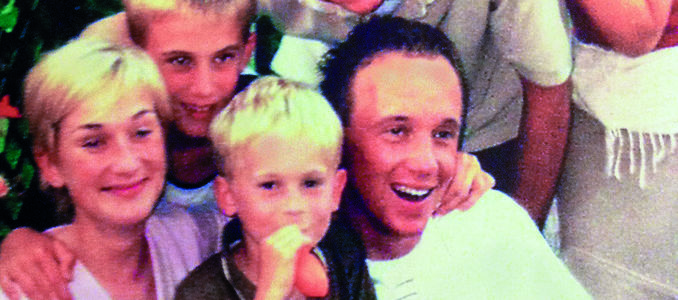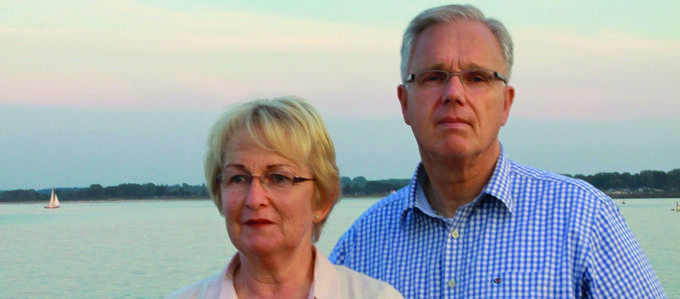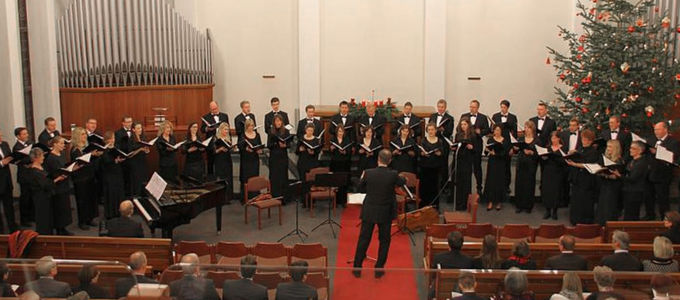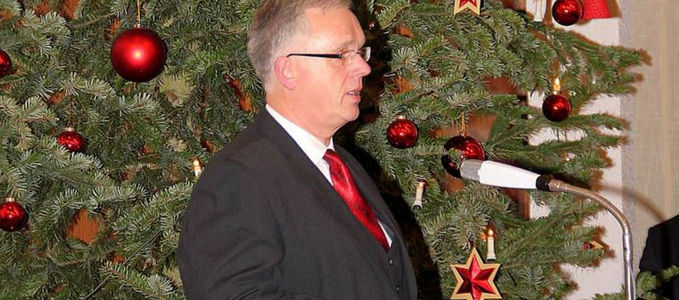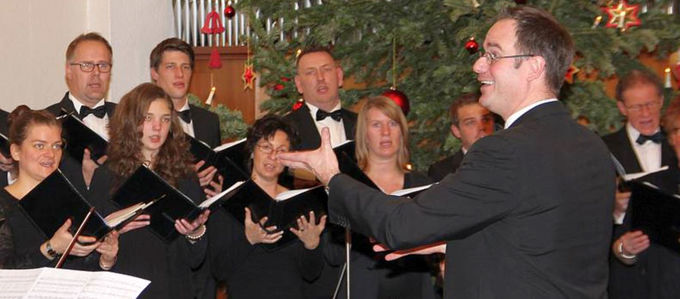Light after darkness
Comfort and solace was offered in a recent concert by the Wilhelmshaven Chamber Choir. It was given in memory of the tsunami in South-East Asia ten years ago. How did those affected by the tsunami, either directly or as helpers, experience the disaster? Following are some personal accounts.
The choir did not only sing about the “cold power of death”, but also about the “light after darkness” during their concert on 27 December 2014 in the New Apostolic church in Lübeck in Germany. Among the audience were people of various denominations, who lost family and friends during the 2004 tsunami. An earthquake with a magnitude of 9 had struck off Sumatra in the Indian Ocean on 26 December 2004, triggering a tsunami that claimed the lives of some 250,000 people.
Especially moving was a speech by Priest Klaus Gatzke, who lost his son, Florian, in the tsunami.
When hope dies
Florian, then 26 years old, raved about Thailand right from the start of his holiday, a report in the December Our Family relates. “We spoke to him over the telephone on Christmas Eve,” Regina and Klaus Gatzke report. There was no sense of foreboding whatsoever that this would be their last conversation. After a busy Christmas, the Family Gatzke were looking forward to a relaxing Boxing Day. But then they saw a television report about a seaquake. Alarmed, they called Florian. There was no answer.
“We were horrified and fighting to hold back our tears,” Klaus Gatzke remembers. The uncertainty was sheer torture. Eating and sleeping were out of the question. “We watched TV day and night, made one phone call after another, prayed, and hoped.”
Only months later did the uncertainty end, a day after Easter: “The day we received the news of our son’s death was the end of hope. We started to grieve all over again.“ After a moving funeral for Florian, his fianceé carried his urn to the grave. She survived the tsunami, because someone pulled her out of the water. To this day she cannot bear the rushing sound of water. It is still a nightmare for her.
Regina and Klaus Gatze find comfort through contact with other people who share their fate. And they seek comfort in prayer and in their faith and in the hope that they will see their son again. “We experienced and still experience the nearness of God in an intensity which we would likely not have felt under normal circumstances.”
A local helper
District Evangelist (ret.) Erwin Santschi was living only about 300 metres from the beach in Kamala in Thailand at the time when he heard people scream: “A flood!” Together with his wife and other people he ran up a hill. They came down only hours later. Their own home as well as the homes of their neighbours had been spared from greater damage. A number of brothers and sisters who had barely escaped the wave, told the District Evangelist about the destruction further down in the village.
Erwin Santschi was commissioned by District Apostle Armin Studer and Apostle Urs Hebeisen to organize help on the spot. Money that had been transferred from Switzerland was divided up and put in envelopes and distributed to the people in emergency shelters. “It was touching to see how thankful the people were that they were not forgotten,” he reports.
But the District Evangelist is aware that this kind of help has its limits: “For many of those affected by the tsunami, the pain and grief are still there after ten years.” Priest Leo Portvliet, who was living in Indonesia at the time, adds: “There is only so much we can do. But we can continue to pray for the victims: for those who were killed, and for those who survived and are now traumatized.”
A wake-up call for the Church
“The tsunami showed me just how powerless one really is,” Urs Hebeisen says, who is District Apostle today. “All of a sudden we as a Church were challenged, and we were not in the least bit prepared. Overnight we had considerable money from donations at our disposal, without knowing how to use it wisely and effectively.”
“In accordance with our mission we quickly turned to the poor, to that section of the population no one is interested in,” the District Apostle remembers and mentions the tireless commitment of District Evangelist Santschi: “He went from house to house, visited the families, and spoke to the people to try and help them spontaneously: without any red tape, simply from person to person.”
“The tsunami was like a wake-up call for me. It showed me that people in general expect more of us as a Church than just pastoral care,” Urs Hebeisen says. “There are a great many expectations,” he says. “The tsunami was the birth-hour of NACSEA Relief,” the aid organization of the New Apostolic Church South-East Asia: “It is a coordination and service provider that is able to manage and handle the confidence that is placed into the Church. There are no politics, no red tape, and no unnecessary time and money is wasted. It is simple and direct: with the people for the people.”
“With the people for the people” also applies to the concert in Lübeck in Germany. The concert-goers donated generously. The proceeds will go towards the association “Zentrum für Kinder und Jugendliche in Trauer“, a centre that provides counselling for children and young people, because counselling by experienced people in this field is also part of this “light after darkness”.


